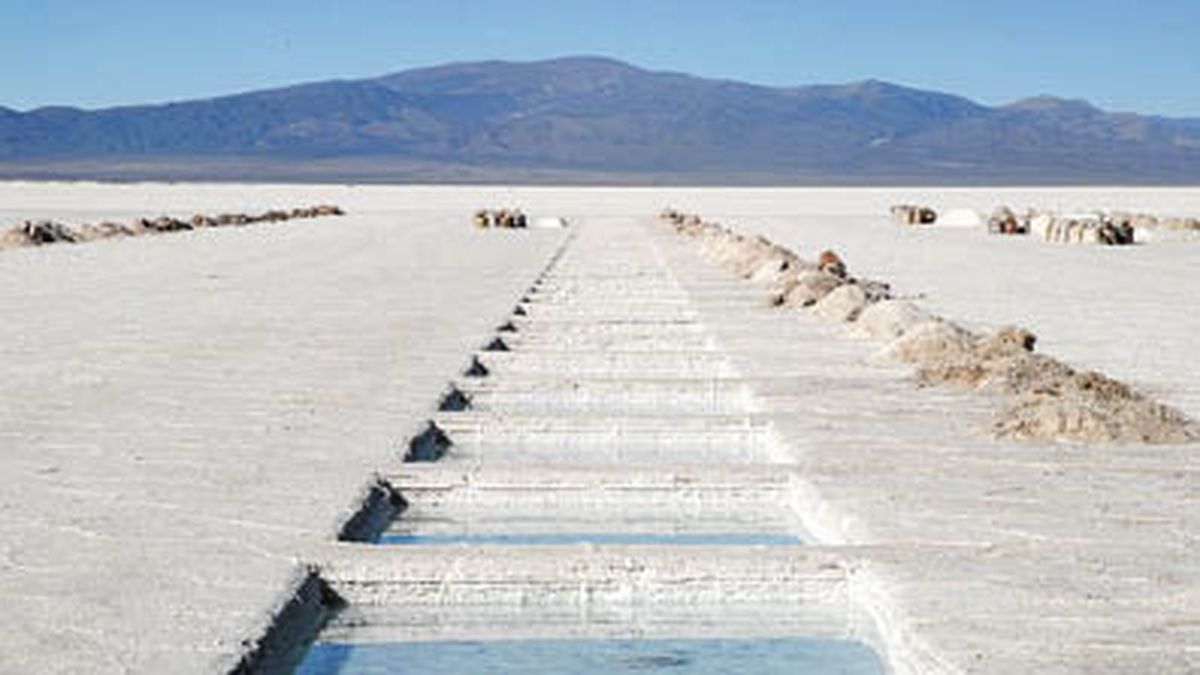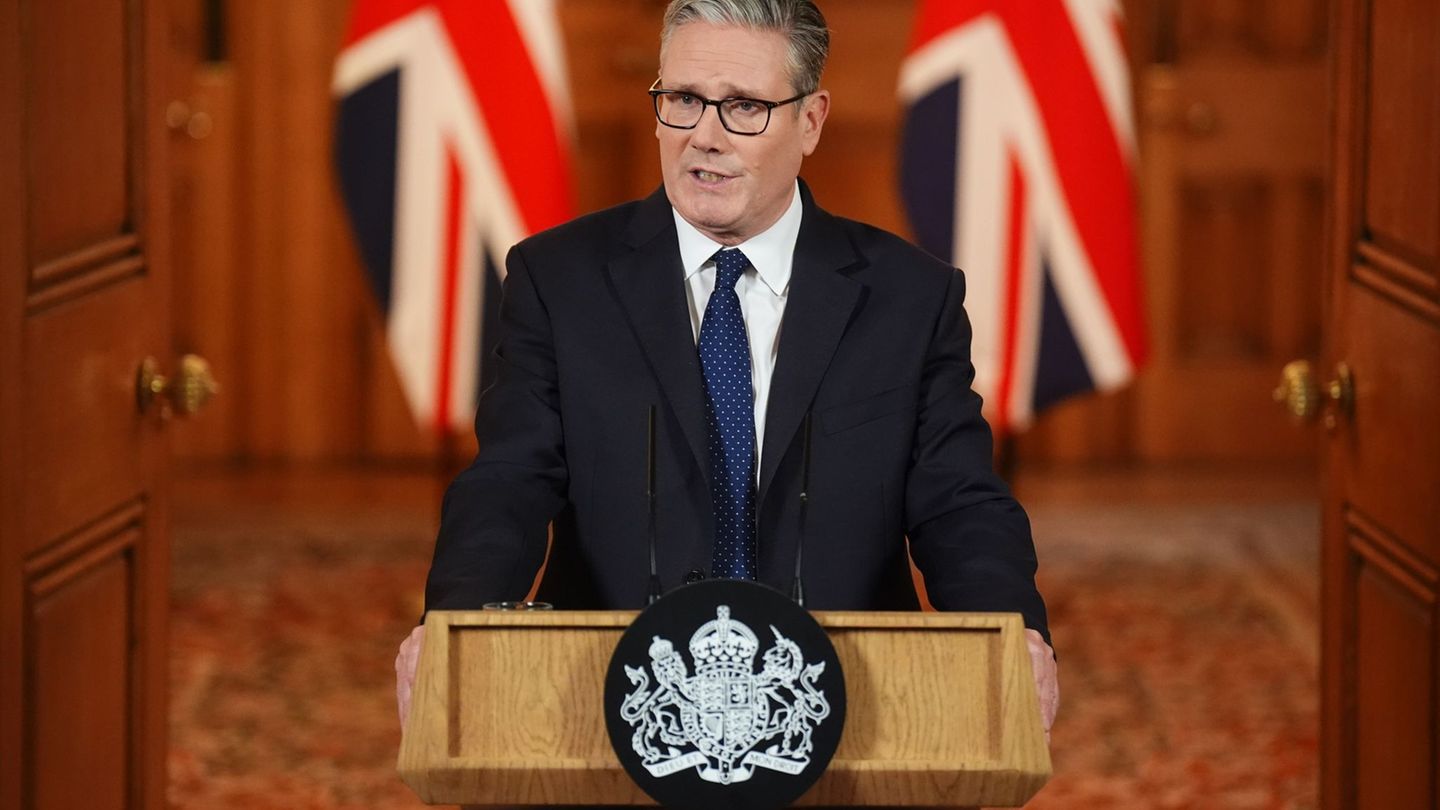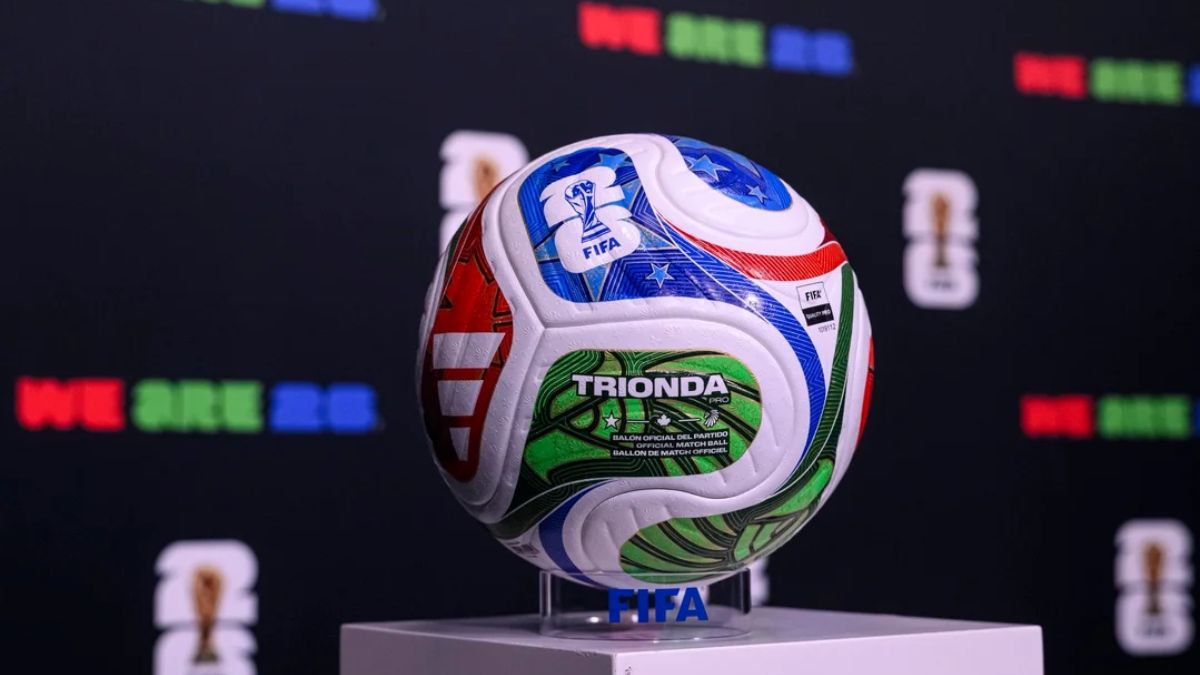The objective is to reach a production of 60,000 tons per year in the “Tres Quebradas” project and to export more than US$2,000 million each year.
A Chinese company will add an investment of US$700 million this year to expand its lithium production capacity. This is the Zijin Mining group, which is in charge of the Tres Quebradas project in the province of Catamarca, for which they disbursed more than US$500 million in a first stage. The original projection was to produce 20,000 tons of carbonate “suitable for the production of batteries” but with the new disbursements it could reach 60,000 tons. Exports, only from this initiative, would escalate to more than US$2,000 million annually.
The content you want to access is exclusive to subscribers.
The Government plays several bands. When it comes to investments or the possible arrival of foreign currency, no source is ruled out. For this reason, while the Foreign Ministry prepares the arrival of the Undersecretary of the United States Department of State, Wendy Sherman, with whom Santiago Cafiero will discuss trade issues, negotiations also continue with the other major global investor: China.


Last week, the governor of Catamarca, Raúl Jalil, and the Argentine ambassador in Beijing, Sabino Vaca Narvaja, led a five-day tour of the Chinese province of Fujian. The visit of the provincial president is not accidental: in this territory is part of the third most important reserve in the world of the aforementioned critical mineral for the energy transition.
One of the most relevant encounters occurred with the investment group Zijin Mining which is in charge of the Tres Quebradas project for which it disbursed more than US$500 million in a first stage. In this way, he will begin to produce carbonate “suitable for the production of batteries” for a figure close to 20,000 tons per year. But within this framework, a second disbursement of US$700 million was also confirmed for scale production to 60,000 tons per year.
Vaca Narvaja outlined the importance of these figures: “The price of a ton of lithium has dropped from its records of almost 80,000 dollars to 20,000 dollars, close to its minimum in the last five years. However, even with these values, a single project like the one we are talking about would generate for the country US$2,000 million in exports, equivalent to approximately 3% of total national exports. If the price of lithium resumes its upward trend, a single lithium project in a province could explain up to 5% of the country’s total exports.”
The authorities of the Chinese company consider that “the fundamentals of the market for lithium carbonate of battery grade are solid”. In this sense, they showed a forecast growth of between 25% and 35% per year in demand over the next decade. In addition, they expect a “significant shortfall” in supply in the second half of the decade, which would therefore raise prices significantly.
All this is happening at the same time that the Government is analyzing in detail the Inflation Reduction Act enacted in the United States months ago. The initiative grants a series of tax incentives for ten years to stimulate investment in industries linked to the energy transition. At the Foreign Ministry, they believe that this tool could speed up US disbursements in Argentine “white gold”.
Despite the progress of the Asian giant in the sector, The proposal for lithium investments will be present this Wednesday when Foreign Minister Santiago Cafiero receives the second most important official of US foreign policy.
Source: Ambito




